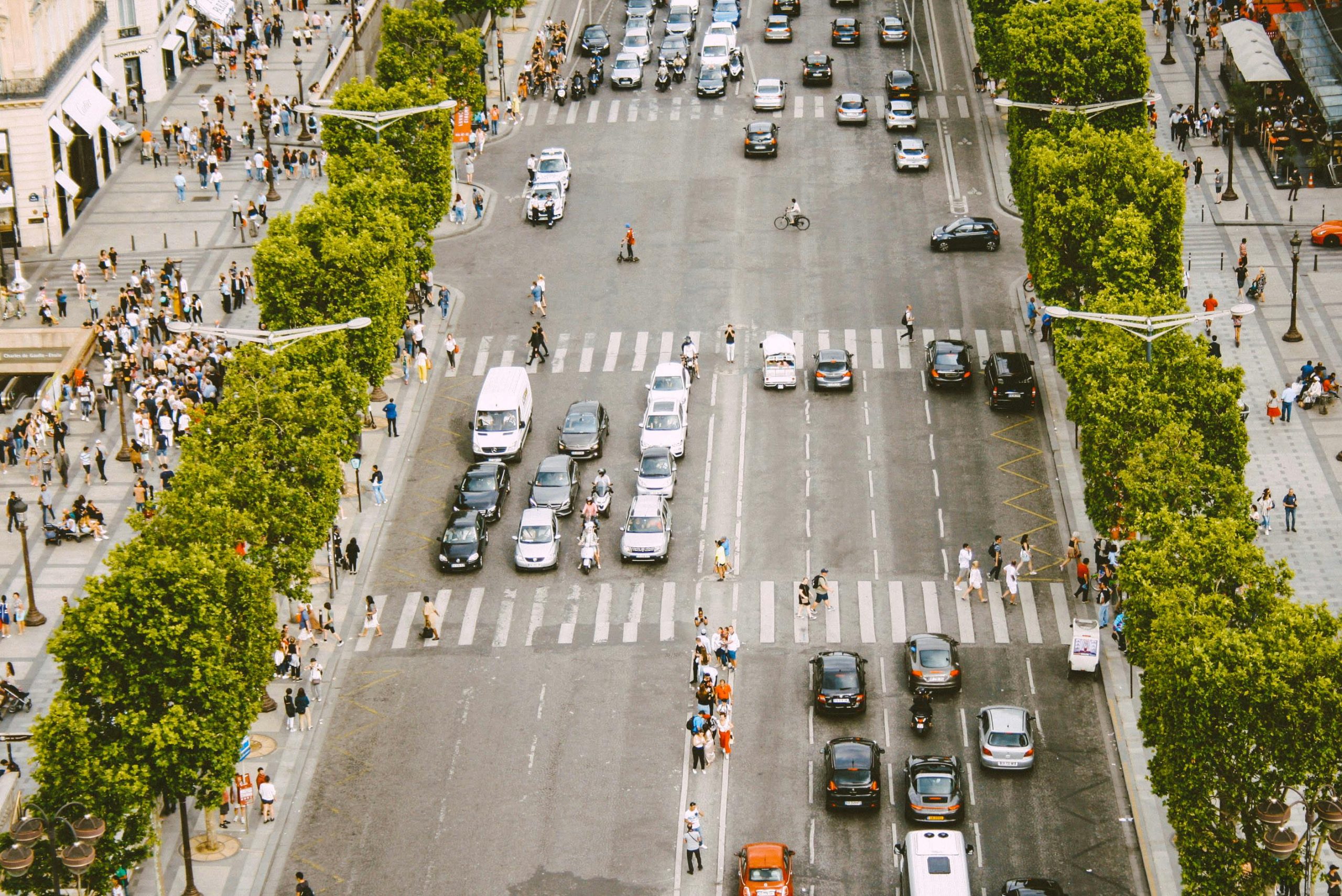Title: Rethinking Urban Mobility: Lessons from Paris on Pollution Reduction through Bike Lanes
The ongoing dialogue about urban air quality has gained urgency as cities grapple with pollution challenges. A recent examination of Paris highlights the impact of infrastructural changes aimed at curbing vehicle emissions. Following the implementation of dedicated bike lanes and restrictions on car access, Paris has witnessed notable improvements in air quality. This raises an intriguing question: Could London adopt similar strategies to combat its pollution issues?
Paris has made significant strides in creating a more bike-friendly environment, promoting cycling as a sustainable alternative to traditional motor vehicles. This initiative not only encourages healthier lifestyles but also aims to reduce the city’s carbon footprint. The shift toward cycling infrastructure has proven to be an effective move, leading to cleaner air and a more vibrant urban atmosphere.
As London continues to face persistent air quality challenges, the Paris model offers a compelling case study. By reevaluating its approach to urban mobility, London can explore the potential benefits of expanded bike lanes and measures that limit car usage in heavily congested areas. While the two cities have distinct characteristics, the core objective remains the same: to foster a cleaner, healthier environment for residents.
Could the lessons from Paris inspire London to take bold steps toward enhanced cycling infrastructure and pollution reduction? The answer may lie in the willingness to embrace innovative solutions that prioritize public health and environmental sustainability. As cities around the world explore sustainable urban planning, the success of Paris could pave the way for London and other metropolitan areas to follow suit, promoting greener travel options for all.
The question now stands: Is London ready to embrace a new vision for urban mobility—one that champions cycling as an integral component of a cleaner city?


London’s Potential for Sustainable Urban Mobility
As a London resident, I find the discussions about Paris’s successful shift towards bike-friendly infrastructure very inspiring. London’s own air quality issues are a concern for all of us, and we’ve seen some initiatives like the congestion charge and expanding cycle lanes. However, to truly replicate Paris’s success, we need a holistic approach that involves not just adding bike lanes but also rethinking urban planning, public transportation, and car usage policies.
Some strategies that could add value include:
While London has its unique challenges, adopting lessons from Paris could accelerate our progress toward a cleaner, healthier city. As citizens, we also play a vital role by choosing greener travel methods where possible and supporting policies aimed at reducing congestion and pollution.
Ultimately, a bold vision for urban mobility rooted in sustainability and inclusivity can help London lead by example in the fight against pollution. Are we ready to push for that change?